Update on the Chamber's Lawsuit Regarding the Minimum Wage
As you know, the Chamber and several of its members filed a lawsuit in Superior Court challenging the emergency wage provision of the minimum wage referendum from the November 2020 Portland ballot. Two employees of Whole Foods have filed an opposition to the lawsuit. The Chamber and our co-plaintiffs will be filing a reply today. A hearing date has been set for January 20, 2021 and we are hoping for a decision by the Superior Court by the end of this month.
We will continue to provide our membership with timely updates as it pertains to this suit.
We will continue to provide our membership with timely updates as it pertains to this suit.
Emergency Wage Complaint
Your browser does not support viewing this document. Click here to download the document.
| 2020-11-30_affidavit_of_portland_regional_chamber_of_commerce.pdf | |
| File Size: | 639 kb |
| File Type: | |
| 2020-12-01_joint_motion_for_relief_from_court_orders.pdf | |
| File Size: | 2011 kb |
| File Type: | |
| 2020-11-30_affidavit_of_alliance_for_addiction_and_mental_health_services.pdf | |
| File Size: | 532 kb |
| File Type: | |
| 2020-11-30_affidavit_of_play_it_again_sports.pdf | |
| File Size: | 364 kb |
| File Type: | |
| 2020-12-01_affidavit_of_nosh_llc.pdf | |
| File Size: | 374 kb |
| File Type: | |
| 2020-12-01_affidavit_of_slab_llc.pdf | |
| File Size: | 377 kb |
| File Type: | |
| 2020-11-30_affidavit_of_gritty_mcduffs.pdf | |
| File Size: | 375 kb |
| File Type: | |
A Message from Portland Regional Chamber President & CEO, Quincy Hentzel
The Chamber is incredibly disappointed by the outcome of Portland ballot questions A, C, and D. Each of these issues will have severe impacts on businesses, workers, citizens, affordable housing, and development in our city. We are quickly working to interpret what all of this means for our business community, how and when each referendum will be implemented, and what we can do to help mitigate damages and the irreparable harm that will be caused to our small businesses. We will determine the best way to move forward and our focus will continue to be supporting our members through these changes.
In regards to the passage of Question A, Portland will now have the highest minimum wage in the entire country at $18 per hour during a state of emergency - which could take effect as early as December 3, 2020. Overtime will be $27 per hour. Once the minimum wage reaches $15 in three years, the emergency minimum wage will be $22.50 and overtime $33.75 per hour. These wages are not sustainable for businesses who have been hit hard by the pandemic and remain uncertain about their future. The only way to alter the ordinance in the next five years is by yet another expensive and divisive referendum process. Even worse, if businesses or non-profits begin to cut back on workers' hours or lay them off, move out of the city, or shut their doors entirely, there is no quick solution other than a lengthy referendum process.
There are many unanswered questions and we are in communication with the city of Portland to better understand the minimum wage ordinance and provide accurate information to our members regarding implementation. We know businesses need answers quickly and we will relay information on implementation as it becomes available.
Though the path forward is unclear, we remain committed to doing all we can to support and protect our members and the future of our great city.
In regards to the passage of Question A, Portland will now have the highest minimum wage in the entire country at $18 per hour during a state of emergency - which could take effect as early as December 3, 2020. Overtime will be $27 per hour. Once the minimum wage reaches $15 in three years, the emergency minimum wage will be $22.50 and overtime $33.75 per hour. These wages are not sustainable for businesses who have been hit hard by the pandemic and remain uncertain about their future. The only way to alter the ordinance in the next five years is by yet another expensive and divisive referendum process. Even worse, if businesses or non-profits begin to cut back on workers' hours or lay them off, move out of the city, or shut their doors entirely, there is no quick solution other than a lengthy referendum process.
There are many unanswered questions and we are in communication with the city of Portland to better understand the minimum wage ordinance and provide accurate information to our members regarding implementation. We know businesses need answers quickly and we will relay information on implementation as it becomes available.
Though the path forward is unclear, we remain committed to doing all we can to support and protect our members and the future of our great city.
We Need Your Input!
The Chamber is gathering feedback from employers on the impact of Question A, the minimum wage increase to $15 and a disaster wage of 1.5x the minimum wage ($18/hr during the current pandemic). Question A was passed by Portland voters on Tuesday.
How will this impact your business or organization?
Please fill out this brief survey to help us better understand your needs going forward.
How will this impact your business or organization?
Please fill out this brief survey to help us better understand your needs going forward.
Referendum Results
Portland Ballot Question A: $15 Minimum Wage and 1.5x Disaster Wage
Results:
Yes - 62%
No - 38%
Read the full Ordinance Here
With the passage of Question A, Portland's minimum wage will increase by $1 each year starting in 2022, leading to a $15/hr minmum wage in 2024. and would also require employers to pay 1.5x the minimum wage (when fully implemented this would be $22.50) for work performed during a declared emergency, such as the current pandemic. Additionally, it raises the tipped wage to $7.50 versus the current wage of $6 and potentially to $11.25 during an emergency.
Question B: An Act To Ban Facial Surveillance by Public Officials in Portland
Results:
Yes - 66%
No - 34%
Read the full ordinance HERE
This ordinance bans the city of Portland and its departments and officials from using or authorizing the use of any facial surveillance software on any groups or members of the public, and provides a right to members of the public to sue if facial surveillance data is illegally gathered and/or used.
Question C: An Act To Implement a "Green New Deal" for Portland
Yes - 59%
No - 41%
Read the full Ordinance HERE
This ordinance is a complex, 16-page proposal that makes several changes to the City’s zoning and contract language requirements. It also makes it difficult for construction companies and their skilled workforces to offer bids on affordable housing projects which receive public funds.
Question D: Rent Control
Yes - 58%
No - 42%
Read the full Ordinance HERE
This ordinance caps most annual rent increases to the rate of inflation, incentivize landlords to provide a 90-day notice to tenants they are asking to vacate, and creates a "Rent Board" to permit additional rent increases for building improvements, impose fines, and review additional tenant/landlord matters.
Question E: An Act To Restrict Short Term Rentals in Portland
Yes - 49.7%
No - 50.3%
This referendum failed
Question F: Removing cap and decreasing dispersal requirement
Yes - 53%
No - 47%
Read the full ordinance HERE
This ordinance modifies Chapter 35 of the Portland City Code, Governing the Regulation of Marijuana Businesses, in two ways: (1) a reduction from 250’ to 100’ in the required distance between marijuana retail facilities and dispensaries; and (2) removing the cap on the number of marijuana retail stores and dispensaries in the City.
Results:
Yes - 62%
No - 38%
Read the full Ordinance Here
With the passage of Question A, Portland's minimum wage will increase by $1 each year starting in 2022, leading to a $15/hr minmum wage in 2024. and would also require employers to pay 1.5x the minimum wage (when fully implemented this would be $22.50) for work performed during a declared emergency, such as the current pandemic. Additionally, it raises the tipped wage to $7.50 versus the current wage of $6 and potentially to $11.25 during an emergency.
Question B: An Act To Ban Facial Surveillance by Public Officials in Portland
Results:
Yes - 66%
No - 34%
Read the full ordinance HERE
This ordinance bans the city of Portland and its departments and officials from using or authorizing the use of any facial surveillance software on any groups or members of the public, and provides a right to members of the public to sue if facial surveillance data is illegally gathered and/or used.
Question C: An Act To Implement a "Green New Deal" for Portland
Yes - 59%
No - 41%
Read the full Ordinance HERE
This ordinance is a complex, 16-page proposal that makes several changes to the City’s zoning and contract language requirements. It also makes it difficult for construction companies and their skilled workforces to offer bids on affordable housing projects which receive public funds.
Question D: Rent Control
Yes - 58%
No - 42%
Read the full Ordinance HERE
This ordinance caps most annual rent increases to the rate of inflation, incentivize landlords to provide a 90-day notice to tenants they are asking to vacate, and creates a "Rent Board" to permit additional rent increases for building improvements, impose fines, and review additional tenant/landlord matters.
Question E: An Act To Restrict Short Term Rentals in Portland
Yes - 49.7%
No - 50.3%
This referendum failed
Question F: Removing cap and decreasing dispersal requirement
Yes - 53%
No - 47%
Read the full ordinance HERE
This ordinance modifies Chapter 35 of the Portland City Code, Governing the Regulation of Marijuana Businesses, in two ways: (1) a reduction from 250’ to 100’ in the required distance between marijuana retail facilities and dispensaries; and (2) removing the cap on the number of marijuana retail stores and dispensaries in the City.



